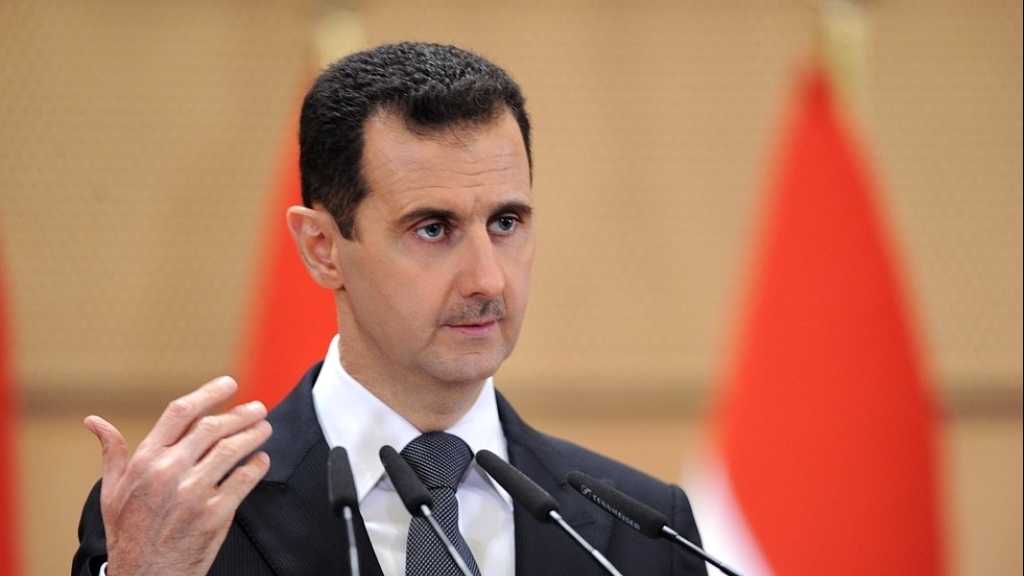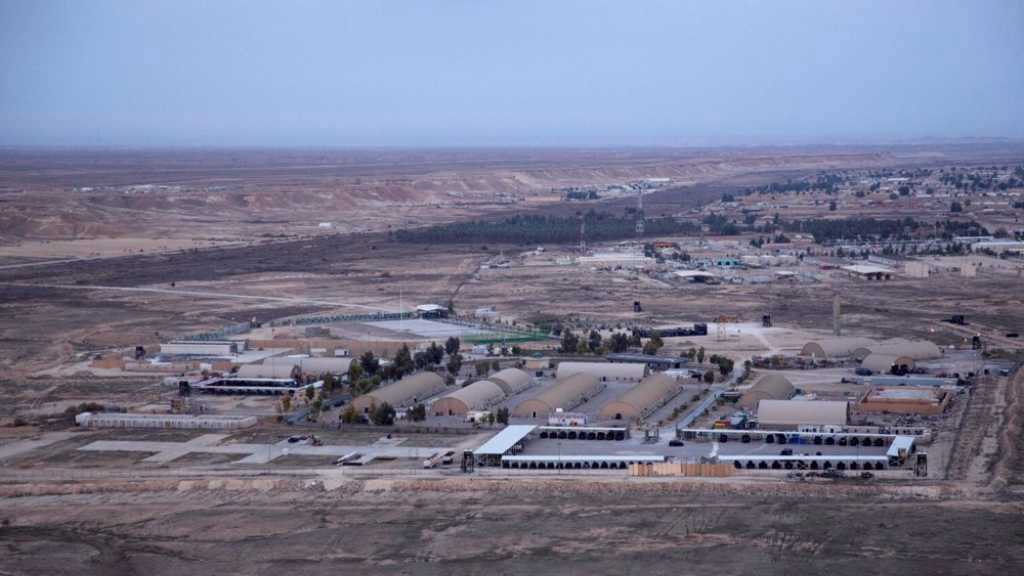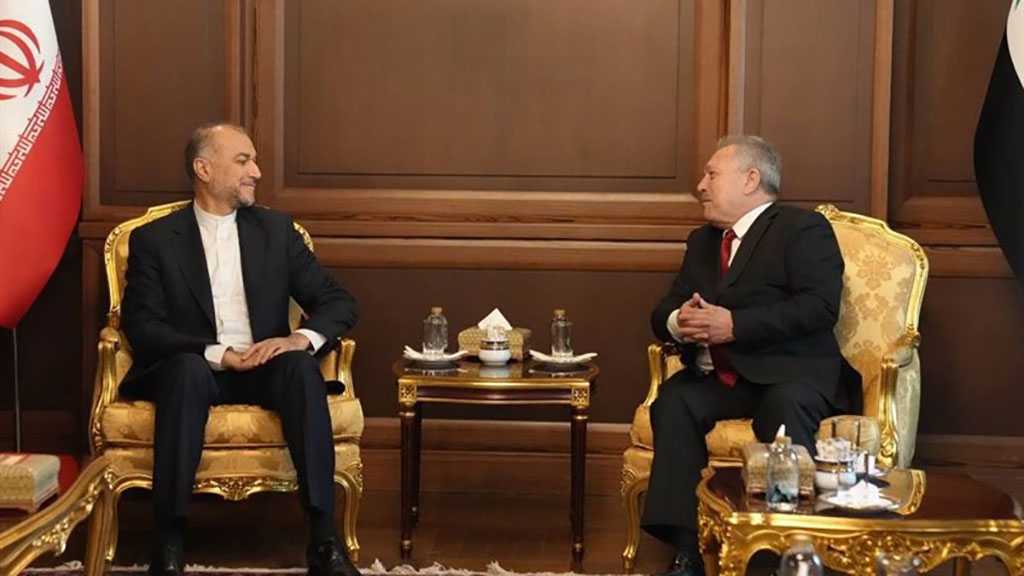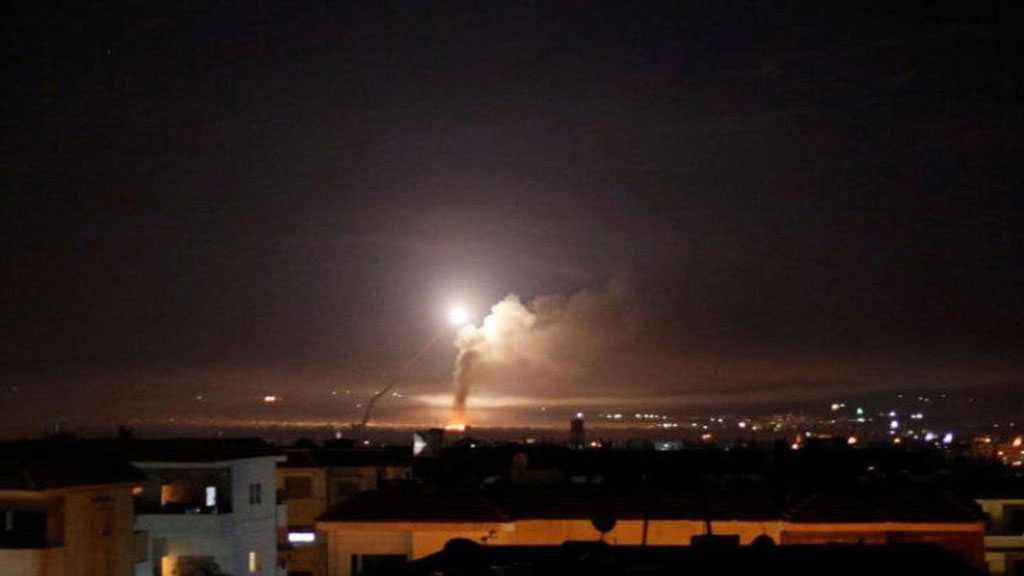
Urgent Action Needed to Address Syria Humanitarian Crisis - ICRC
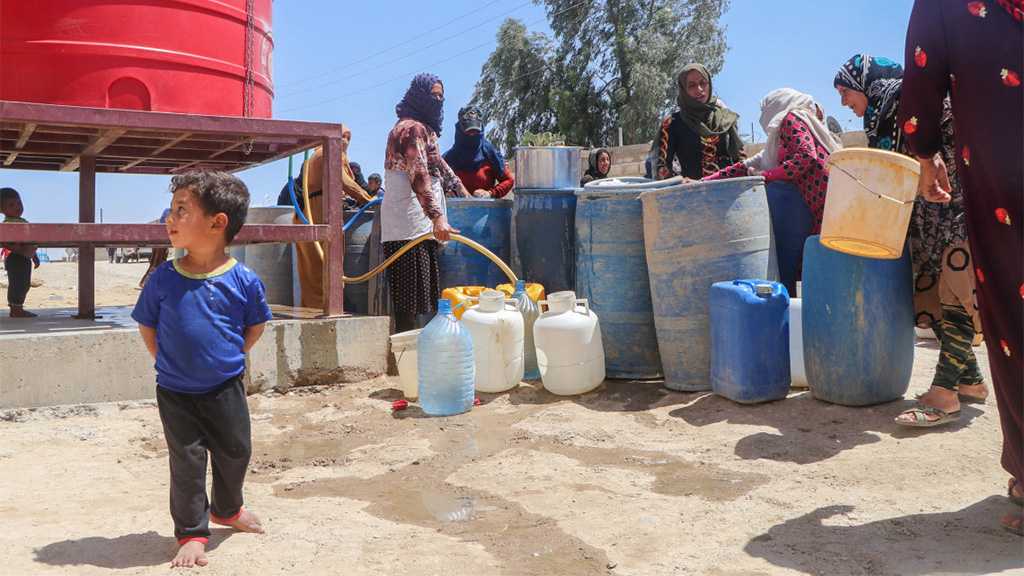
By Staff, Agencies
Communities in Syria have gone through war for over 12 years straight, and to top that off, they were hit by a devastating earthquake that increased humanitarian suffering in the country earlier in the year, the International Community of the Red Cross [ICRC] said Wednesday.
On February 6, a massive earthquake hit the region, leading to more than 55,000 deaths in Syria and Turkey. In light of the catastrophe, several Western countries mobilized rapidly to send aid and rescue workers to Turkey but decided to exclude Syria and neglect it, by only offering condolences and merely expressing readiness to support the affected Syrians, with efforts on the ground taking weeks to materialize.
The ICRC, using the EU's Seventh Brussels Conference on Supporting the Future of Syria and the Region, sent out a news release urging immediate action to address the critical situation faced by the people in Syria. "The cost of inaction would be unbearable, first and foremost for the populations," the ICRC argued.
The humanitarian organization named numerous crises facing Syria, such as the war waged on the country, the recent earthquake, rising inflation, recession, the destruction of homes, and the declining ability of hospitals to offer adequate care to those in need.
"Nearly 90% of Syrians live below the poverty line with more than 15 million needing humanitarian assistance, a trend that has been sustained over the past years," the press release read.
Syria's critical infrastructure is at risk of collapse, the press release added, highlighting that this was a "pressing concern." The importation of replacement parts needed for the maintenance of the infrastructure at hand in major cities, the release explained, was hindered by international sanctions Syria is facing.
The ICRC once again called for the implementation of the standing humanitarian exemptions within the sanction regimes against the country, highlighting how it has long been doing so but its calls were yet to be answered.
"Most treatment plants are damaged and are operating at a reduced capacity, which has led to worryingly low levels of access to potable water," it added.
The ICRC noted that in the wake of the earthquake, it, alongside the Syrian Arab Red Crescent, stepped up in response to the growing needs of the people by providing essential relief items as well as health care, water, and mental health support,
"The ICRC, with the SARC, improved access to clean water and provided transformers to restore power supply," it added.
"The international community must confront the harsh reality that the current situation in Syria is untenable, and failure to act will have dire consequences for all those involved and hinder any prospects for sustainable recovery,” said Fabrizio Carboni, the ICRC’s regional director for the Near and Middle East.
Moreover, the ICRC regional chief underlined that the world could not "turn a blind eye to the suffering of the people in Syria. We must prioritize the preservation of critical infrastructure and provide comprehensive humanitarian responses."
Carboni added that "the collapse of these essential services is not a distant threat but very much possible, with devastating consequences for the Syrian people, if more isn’t done to help prevent it."
"By investing in meeting these vital needs, we can create a positive ripple effect. It will enable Syrians to at the very least gain access to a basic level of essential services," he said, noting that such services would contribute to the process of rebuilding Syria and bolstering the ability of humanitarian organizations to significantly enhance the effectiveness and impact of their assistance.
